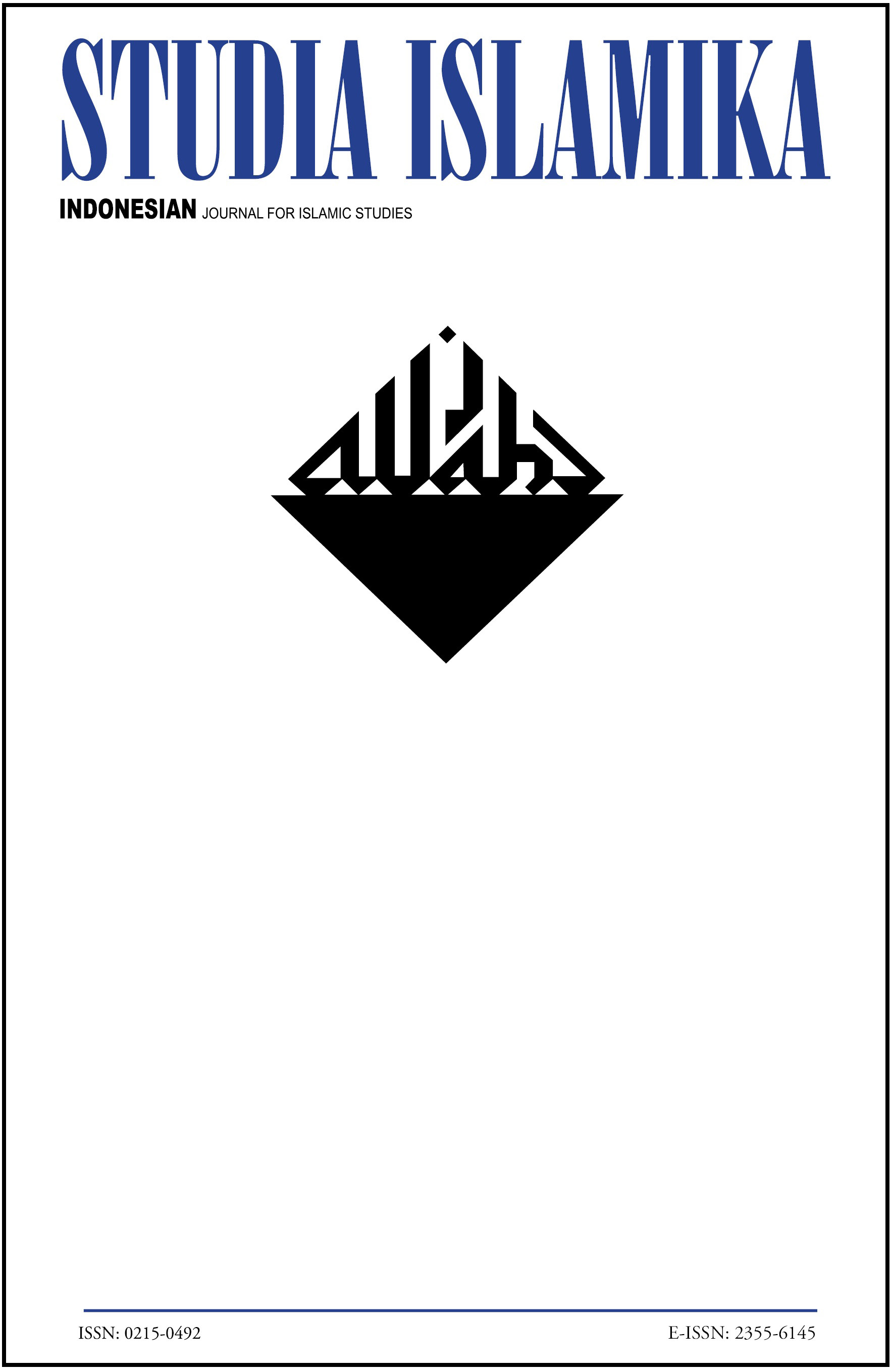Abstract
Noorshahril Saat and Ahmad Najib Burhani (eds). 2020. The New Santri: Challenges to Traditional Religious Authority in Indonesia. Singapore: ISEAS Yusuf Ishak Institute.After the New Order, religious movements become increasingly popular both offline and online. The internet has become a medium for disseminating ideas and practices of religious patterns that are different from traditional religious authorities. On the other hand, there are increasing opportunities for transnational religious movements seeking to build their influence in Indonesia. Another interesting phenomenon is the presence of New Santri coming to color the world of da’wah in Indonesia through new media. Through this book, the authors try to explain the phenomena that are happening in the struggles for religious authority in Indonesia. This book describes at least three factors that significantly influence recent religious competitions, namely: globalization, post-Reformation democratization (after 1998), and the growth of various private television channels and social media users. These three factors have a strong impact in shaping and internalizing the construction, contestation, fragmentation, and pluralization of contemporary Indonesian religious authorities.References
Alatas, Ismail Fajrie. 2016. “Aligning the Sunna and the Jama’a: Religious Authority and Islamic Social Formation in Contemporary Central Java, Indonesia.” Ph.D. Dissertation. University of Michigan.
Birchok, Daniel Andrew. 2016. “Women, Genealogical Inheritance and Sufi Authority: The Female Saints of Seunagan, Indonesia.” Asian Studies Review 40(4): 583–99.
Burhani, Ahmad Najib. 2018. “Plural Islam and Contestation of Religious Authority in Indonesia.” In Islam in Southeast Asia: Negotiating Modernity, ed. Norshahril Saat. Singapore: ISEAS-Yusof Ishak Institute.
George, Cherian. 2017. “Pelintiran Kebencian: Rekayasa Ketersinggungan Agama dan Ancamannya bagi Demokrasi. Jakarta: Pusat Studi Agama dan Demokrasi (PUSAD), Yayasan Paramadina.
Halimatusa’diyah, Iim. 2020. “Beragama di Dunia Maya: Media Sosial dan Pandangan Keagamaan di Indonesia.” PPIM UIN Jakarta. https://ppim.uinjkt.ac.id/download/beragama-di-dunia-maya-media-sosial-dan-pandangan-keagamaan-di-indone/ (April 22, 2021).
Hasan, Noorhaidi. 2006. “Laskar Jihad: Islam, Militancy, and the Quest for Identity in Post-New Order Indonesia”. Ithaca: Cornell Southeast Asia Program.
Hefner, Claire-Marie. 2016. “Models of Achievement: Muslim Girls and Religious Authority in a Modernist Islamic Boarding School in Indonesia.” Asian Studies Review 40(4): 564–82.
Hicks, Jacqueline. 2014. “Heresy and Authority: Understanding the Turn against Ahmadiyah in Indonesia.” South East Asia Research 22(3): 321–39.
Husein, Fatimah, and Martin Slama. 2018. “Online Piety and Its Discontent: Revisiting Islamic Anxieties on Indonesian Social Media.” Indonesia and the Malay World 46(134): 80–93.
Ichwan, Moch. Nur. 2013. “Towards a Purtitanical Moderate Islam: The Majelis Ulama Indonesia and the Politics of Religious Orthodoxy”. In Contemporary Developments in Indonesia Islam: Explaining the “Convervative Turn”, edited by Martin Van Bruinessen. Singapore: Institute of Southeast Asian Studies.
Ismah, Nor. 2016. “Destabilising Male Domination: Building Community-Based Authority among Indonesian Female Ulama.” Asian Studies Review 40(4): 491–509.
Kersten, Carol. 2015. “Islam in Indonesia: The Contest for Society, Ideas and Values”. London: Hurst & Company.
Kloos, David. 2016. “The Salience of Gender: Female Islamic Authority in Aceh, Indonesia.” Asian Studies Review 40(4): 527–44.
Makin, Al. 2018. “‘Not a Religious State’: A Study of Three Indonesian Religious Leaders on the Relation of State and Religion.” Indonesia and the Malay World 46(135): 95–116.
Nisa, Eva F. 2018. “Social Media and the Birth of an Islamic Social Movement: ODOJ (One Day One Juz) in Contemporary Indonesia.” Indonesia and the Malay World 46(134): 24–43.
Rumadi, Rumadi. 2012. “Islam dan Otoritas Keagamaan.” Walisongo: Jurnal Penelitian Sosial Keagamaan 20(1): 25–54.
Salahudin et al. 2020. “Islamic Political Polarisation on Social Media During the 2019 Presidential Election in Indonesia.” Asian Affairs 51(3): 656–71.
Authors who publish with this journal agree to the following terms:
- Authors retain copyright and grant the journal right of first publication with the work simultaneously licensed under a Creative Commons Attribution License that allows others to share the work with an acknowledgement of the work's authorship and initial publication in this journal.
- Authors are able to enter into separate, additional contractual arrangements for the non-exclusive distribution of the journal's published version of the work (e.g., post it to an institutional repository or publish it in a book), with an acknowledgement of its initial publication in this journal.
- Authors are permitted and encouraged to post their work online (e.g., in institutional repositories or on their website) prior to and during the submission process, as it can lead to productive exchanges, as well as earlier and greater citation of published work.

